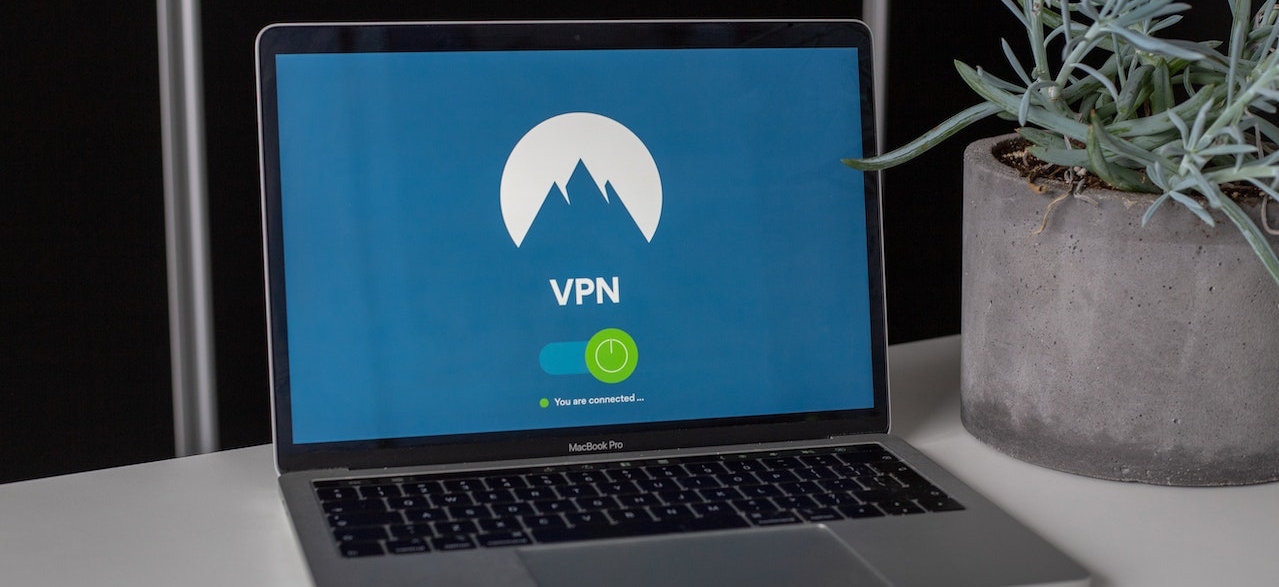
VPN vs Tor: Which one is right for you?
Online security and privacy are becoming increasingly important. Therefore, it isn’t surprising to see many people turning to internet security tools for more online protection.
If you’re concerned and looking for the best online protection tools, you may have encountered solutions like Tor or a VPN. While they may have some overlapping functions, these tools are very different.
This post will cover the main differences between VPNs and Tor networks and their pros and cons to help you decide which one’s right for you. If you're looking for the best VPN go to our main website.
What is Tor?
Tor, short for “The Onion Router,” is a network that provides anonymous communication. Tor protects user data using a layered approach that resembles an onion, hence the name. Tor was created by the Tor Project — a non-profit organization financially backed by NGOs and corporations like Google.
Tor is free to use and allows users to browse and chat anonymously by encrypting their requests and messages several times and routing them through three randomly chosen relay servers. These servers usually belong to volunteers. Currently, there are around 7,000 of these server nodes worldwide. The user’s message is decrypted layer by layer with each passed server until it leaves the final server (or the exit node) unencrypted — but without your actual IP visible.
Tor pros
- Tor is completely free and easy to use.
- The complex encryption process Tor uses virtually guarantees complete anonymity.
- Because Tor has a vast network of volunteer-run servers, it is difficult to intercept or shut down.
- Tor users can access .onion content (also known as the dark web), which isn’t available on other browsers.
Tor cons
- The exit node could be malicious, since volunteers run the servers.
- Using several layers of encryption decreases the connection speed.
- The fact that the servers are volunteer-run can be a pro and a con — there’s a lack of transparency and accountability.
- Getting an exit node from a specific country is difficult and requires connecting several times or configuring the connection.
- Browsing on .onion websites carries many serious risks.
What is a VPN?
A VPN (a virtual private network) is a service that protects your internet connection by routing your traffic via an encrypted tunnel. This way, no third party — internet service provider, government, or hackers — can see what information is being transmitted.
Most premium VPN providers have a “no-logs” policy, meaning they don’t log your online activity or data. They often use external, independent audits to review their systems and reassure users they don’t store any information on their clients’ online activity. VPN providers usually have thousands of servers globally to provide the best connection wherever you are, whether it’s to access sites or watch content.
VPNs use protocols — or rules, that determine how your data routes between your device and the VPN server.
The three most common protocols are:
- WireGuard
- OpenVPN
- IKEv2/IPsec
Some VPN companies offer speciality servers for an added layer of security and privacy. These include Onion Over VPN (additionally routes the traffic through the Tor network) and Double VPN (encrypts data twice).
While both Tor and VPNs are great privacy solutions, less technical users usually prefer using a VPN to protect their online identity and avoid online dangers when using public networks.
VPN pros
- Using next-gen protocols (e.g., WireGuard) offers excellent connection speeds.
- Getting an IP in a country of your choice is easy because premium providers usually have thousands of servers globally.
- VPNs offer more accountability than Tor, as it is easy to identify who owns and runs a particular server.
- Premium VPNs use next-gen encryption to protect your data, keeping it secure at all times.
- Top VPN providers also offer specialized servers like Double VPN, Kill Switch, and Onion Over VPN for added layers of online privacy.
VPN cons
- Premium VPN providers offering the fastest connection and the best VPN experience are typically more expensive.
- Not all VPN companies carry out external no-log audits.
- With a VPN, you rely on one provider to keep your data safe, so choosing someone trustworthy is important.

VPN vs. Tor: How do they compare, and what is the difference?
Both a VPN and Tor are used for online privacy and protection. However, a premium VPN is almost always better than Tor when it comes to speed, security, and access to additional features. You’ll have to pay for a premium VPN — while Tor is free.
Tor also allows you to access .onion websites, which you won’t be able to do with a VPN because its primary role is to keep you and your data safe. If accessing these websites is important to you (even though we wouldn’t recommend it), then Tor might be a better choice.
If you want to assume the IP address of a specific country, then you’ll need a VPN. Most top VPN providers make it easy to access IPs from specific locations. The more servers they have globally, the better.
Can you use a VPN and Tor at the same time?
You might think, why not get the best of both worlds and combine Tor with a VPN? While you can use them simultaneously, it’s likely to slow down your connection speed. Also, some premium VPN providers offer Onion Over VPN, a service that routes your traffic through the Tor network for an added layer of security.
About NordVPN
NordVPN is a leading VPN provider offering ultra-fast connection and premium security. It uses its own WireGuard-based protocol, NordLynx, to deliver a fast and reliable connection.
With 5,500+ servers globally, you have many servers to choose from, wherever you are. Connecting to an IP in a specific location is easy — the NordVPN app will automatically connect you to the best server in your chosen country.
NordVPN is updated regularly with crucial new security updates every few months to ensure it keeps your data safe. If you’re keen to learn more about VPN protocols, servers, and how to make the most of using a VPN, NordVPN has a regularly updated knowledge base with the latest information. If you need help, NordVPN’s customer support is available 24/7. Getting in touch is easy – just drop them an email or start a live chat.
What is Threat Protection?
Threat Protection is a new feature NordVPN recently added to its offering. It goes beyond a traditional VPN by:
- Blocking intrusive ads and trackers.
- Preventing you from visiting malicious sites.
- Protecting you from malware by scanning the files you download.
